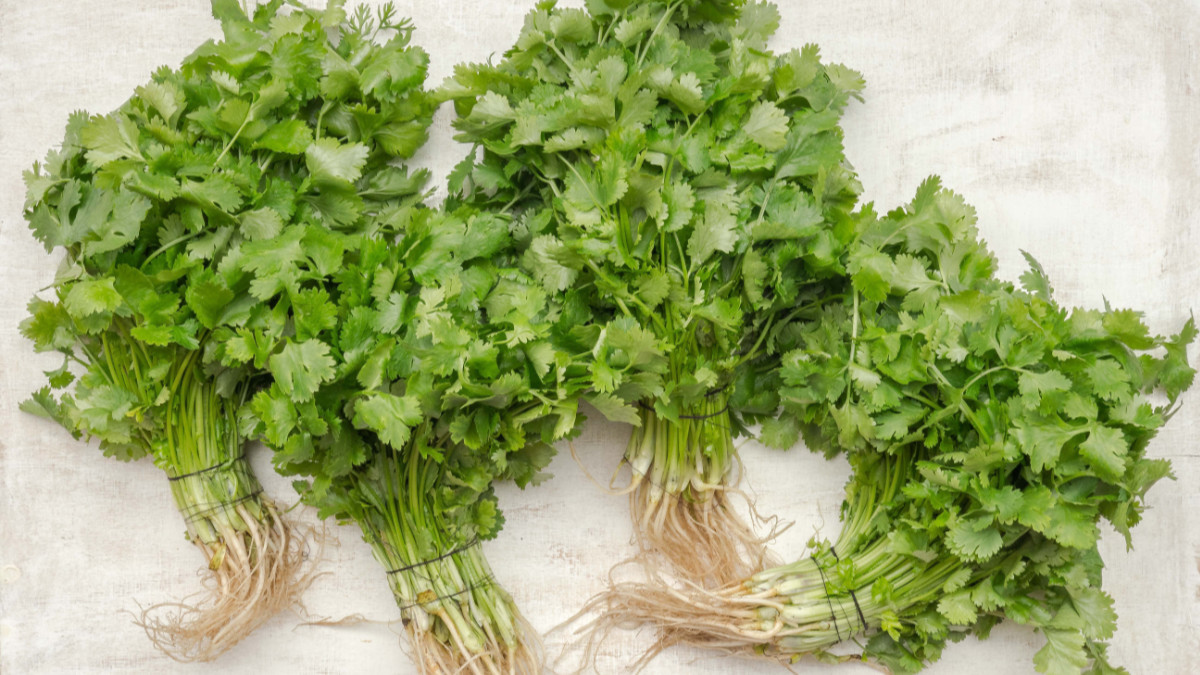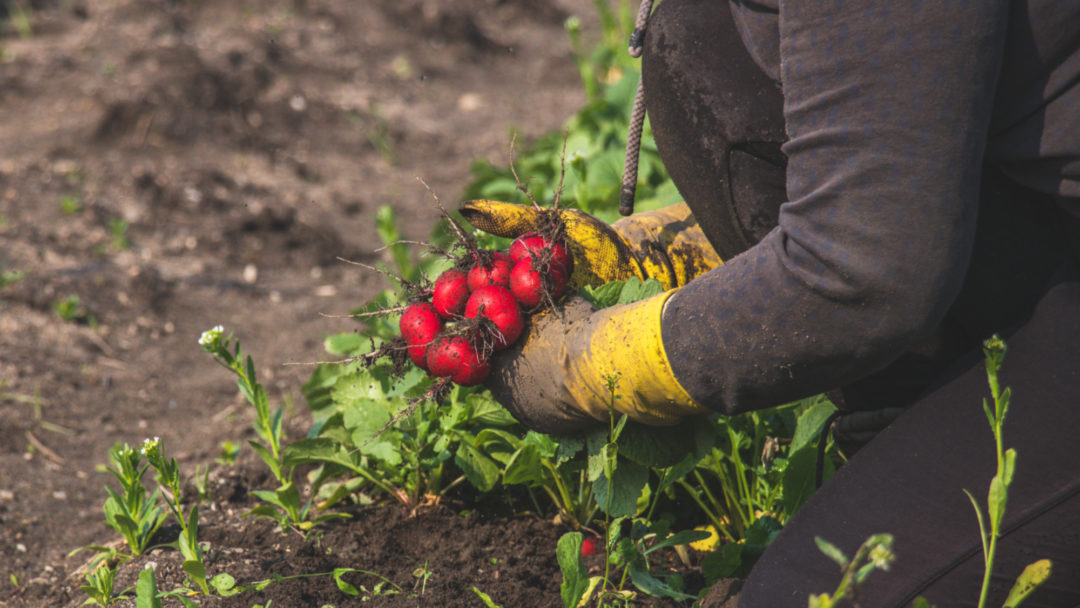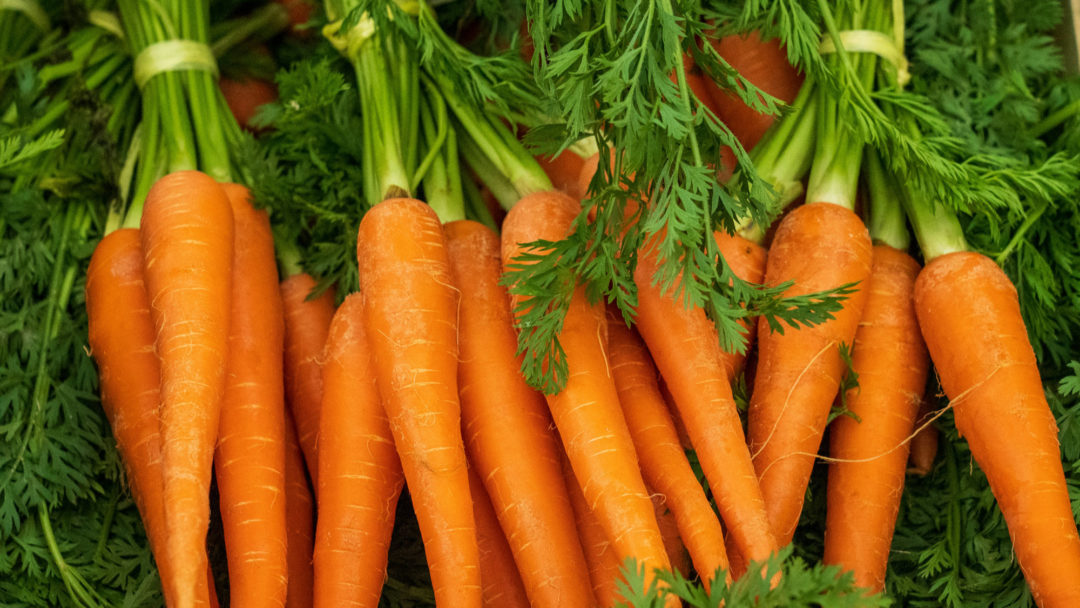Herbs can be well grown all year round even inside an apartment. The most common are chives, parsley, thyme, rosemary, sage, mint, lemon balm, and sage. How to process them correctly so that they benefit us all year round?
Each herb is used for its ability to flavor and scent the prepared dish, or for their medicinal effects in the form of ointments, teas, or baths. They influence digestive processes and metabolism by promoting the secretion of digestive juices and enzymes. At the same time, they act as a prevention against unpleasant constipation. Some have a beneficial effect on blood vessel walls – they help prevent high blood pressure, reduce the risk of atherosclerosis, and lower cholesterol levels.
How to process them
Parsley, thyme, rosemary, sage, mint, basil, marjoram, and lovage are most suitable for drying. They can also be preserved in the form of flavored oils, where the oil is heated and the herbs are macerated in it. Herbs can also be blended with olive oil. For this purpose, soft types like parsley, lovage, chives, dill, basil, coriander, chervil, etc., are most suitable. Soft herbs can also be chopped and frozen. A popular way to use herbs is also the preparation of flavored vinegars or sugar syrups.
Use of herbs
Fresh herbs are suitable for almost any dish. Dried ones are mainly for soups. Flavored oils are used for marinating meat or dipping bread. Blended herbs in olive oil beautifully decorate creamy soups, risottos, or fish dishes. Frozen herbs are also suitable for soups. Herbal vinegar wonderfully enhances soups, sauces, dressings, and vinaigrettes. Syrups are suitable for preparing lemonades. We must not forget about sprouts, which beautifully decorate appetizers, main courses, and salads.





